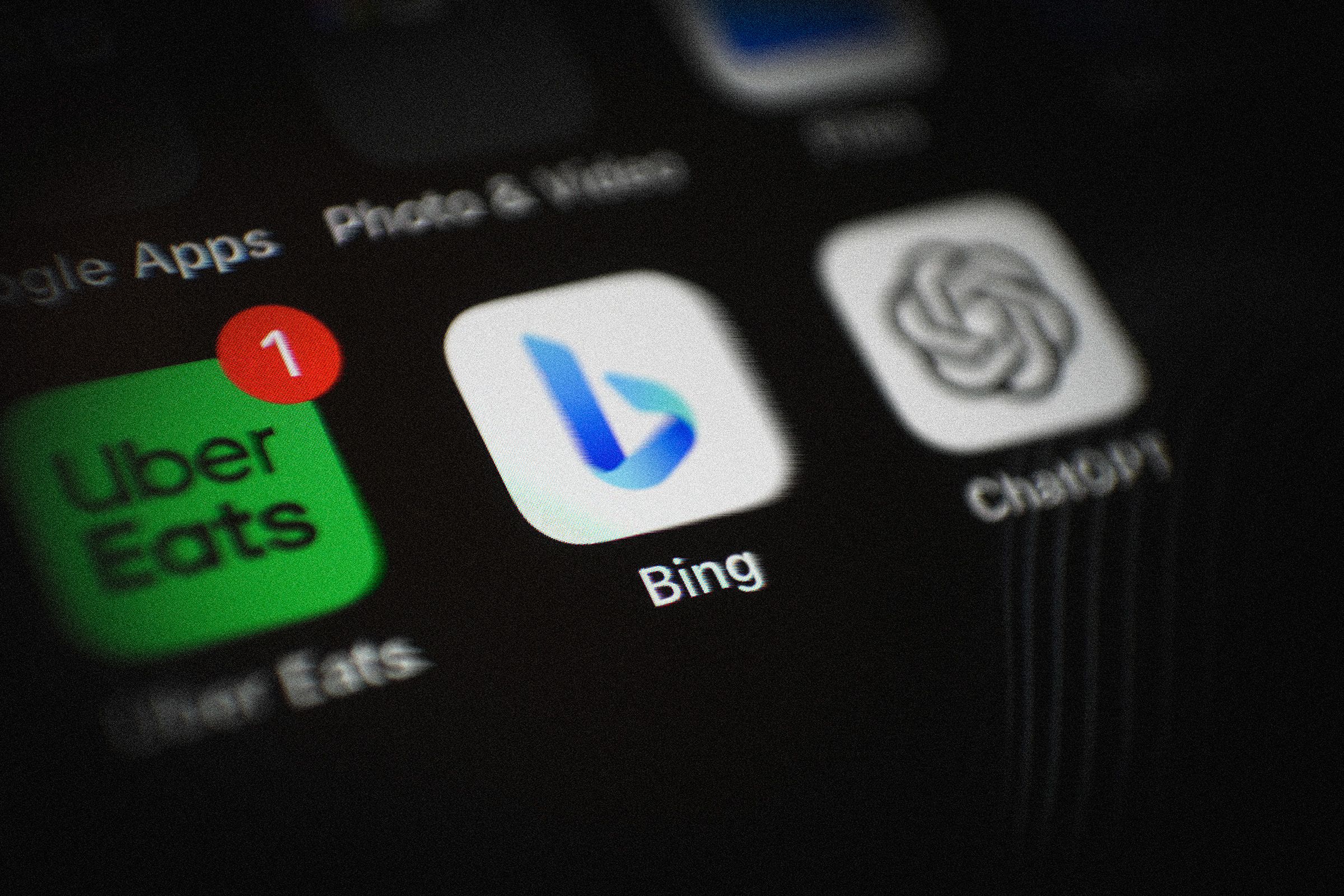Microsoft Cuts Off Access to Bing Search Data as It Shifts Focus to Chatbots
…

Microsoft Cuts Off Access to Bing Search Data as It Shifts Focus to Chatbots
Microsoft recently made the decision to cut off access to Bing search data in an effort to shift its focus to chatbots. This move has left many developers and businesses scrambling to find alternative sources of search data for their projects.
The decision to prioritize chatbots over search data comes as Microsoft looks to capitalize on the growing trend of AI-powered virtual assistants. By redirecting resources away from Bing search, Microsoft hopes to strengthen its position in the chatbot market.
This shift in focus has raised concerns among developers who rely on Bing search data for a variety of applications, from website optimization to market research. Many fear that the loss of access to this data will hinder their ability to create effective and efficient solutions.
Despite the challenges presented by this decision, Microsoft is confident that its investment in chatbots will pay off in the long run. The company believes that chatbots have the potential to revolutionize the way we interact with technology, and is committed to leading the charge in this emerging field.
For developers and businesses affected by the cut-off of Bing search data, Microsoft has pledged to provide support and assistance in transitioning to new sources of data. The company is working to ensure a smooth and seamless transition for all parties involved.
In the meantime, developers are urged to explore alternative sources of search data, such as Google or proprietary APIs, to meet their project needs. While this transition may present challenges in the short term, it is ultimately seen as a necessary step towards advancing the field of AI and chatbot technology.
Overall, Microsoft’s decision to cut off access to Bing search data signals a major shift in its strategic priorities. By focusing on chatbots, the company is positioning itself at the forefront of the AI revolution, and is poised to shape the future of digital interaction.






